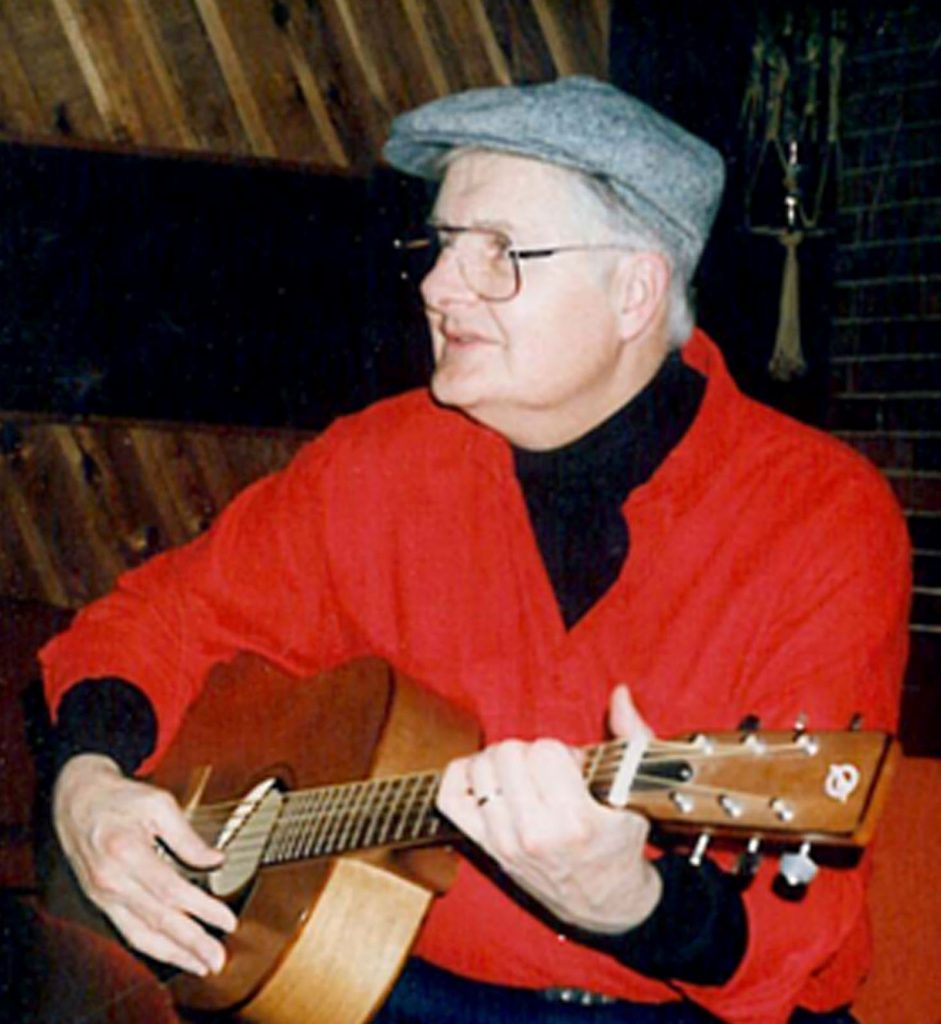Being born in the Bronx did not keep Henry A. Hargreaves from becoming the acknowledged “grandfather of Canadian science fiction”. The pioneering author, who died July 27 at the age of 89, served in the U.S. Navy in WWII, then moved to Canada and used his G.I. Bill benefits to study theology at a university in New Brunswick. By his senior year he had switched majors, and he went on to have an academic career that culminated with him retiring as a professor emeritus of English Literature at the University of Alberta.
If not his Bronx origins, two other things that might have kept Hargreaves from becoming a Canadian sf icon were (1) he didn’t write much fiction — only a single short story every couple of years while on his summer break — and (2) prior to 1979 none of his fiction was published in Canada. Whenever he finished his latest story he invariably sent it to the top market — John W. Campbell’s Analog. But Campbell would always want significant changes made, so Hargreaves would mail the manuscript to British editor Ted Carnell who’d publish it as written. Carnell ran Hargreaves’ first story, “Tee Vee Man,” in New Worlds in 1963, and the author’s other stories in New Writings in SF.
Although Hargreaves wasn’t prolific, he eventually produced a body of quality work which was collected by Toronto’s Peter Martin Associates in the volume North by 2000 (1976).
That collection also helped bring him to the attention of Canadian fandom, in particular Robert Runté, who became an advocate for his work:
I first met Dr. Hargreaves in 1977 when I was helping to organize an open house for the campus science fiction club (ESFCAS). A club member I didn’t know well said, “Hey my English professor has just had a collection of his science fiction published. It’s actually pretty good. Let’s get him to do a reading.” I was skeptical, because in 1977 sf was not widely considered appropriate subject matter for a professor of English literature, so who knew what an English professor might think of as SF; and I had frankly never heard of Hargreaves. But I didn’t have a better idea, so we invited Dr. Hargreaves to read.
He read “Dead to the World”, his most famous and most widely reprinted story, to a crowd of about 50. That story—and the rest of the North by 2000 collection, which I then rushed out to buy—changed my life.
…Hargreaves showed me that there could be a distinctly Canadian science fiction. Hargreaves’ was the first collection ever explicitly marketed as “Canadian science fiction”, which was itself a new idea for me…
Runté thought Hargreaves’ being born in the States was no obstacle at all. Many Canadian sf writers come from someplace else: “It’s our immigrant backgrounds that explains half of what makes Canadian SF distinct.”
And years later, when Hargreaves’ collection was out of print and hard to find, Runté was instrumental in getting it reissued by Five Rivers Publishing (2012).
Hargreaves was twice nominated (1982 and 1983) for the Lifetime Contributions category in the Prix Auroras. He was inducted in the Canadian Science Fiction and Fantasy Hall of Fame in 2015.
Complementing his scholarly and literary achievements, Hargreaves also sang with the Edmonton Opera for eighteen years.
He is survived by his wife, Margaret, two daughters, Alyson and Heather, and three grandchildren. His son, Hal, predeceased him in 1996. The family obituary is here.



